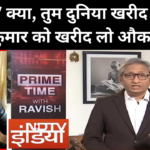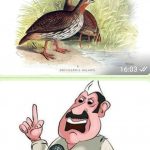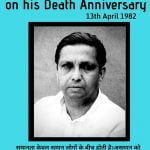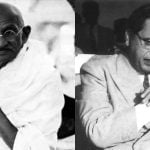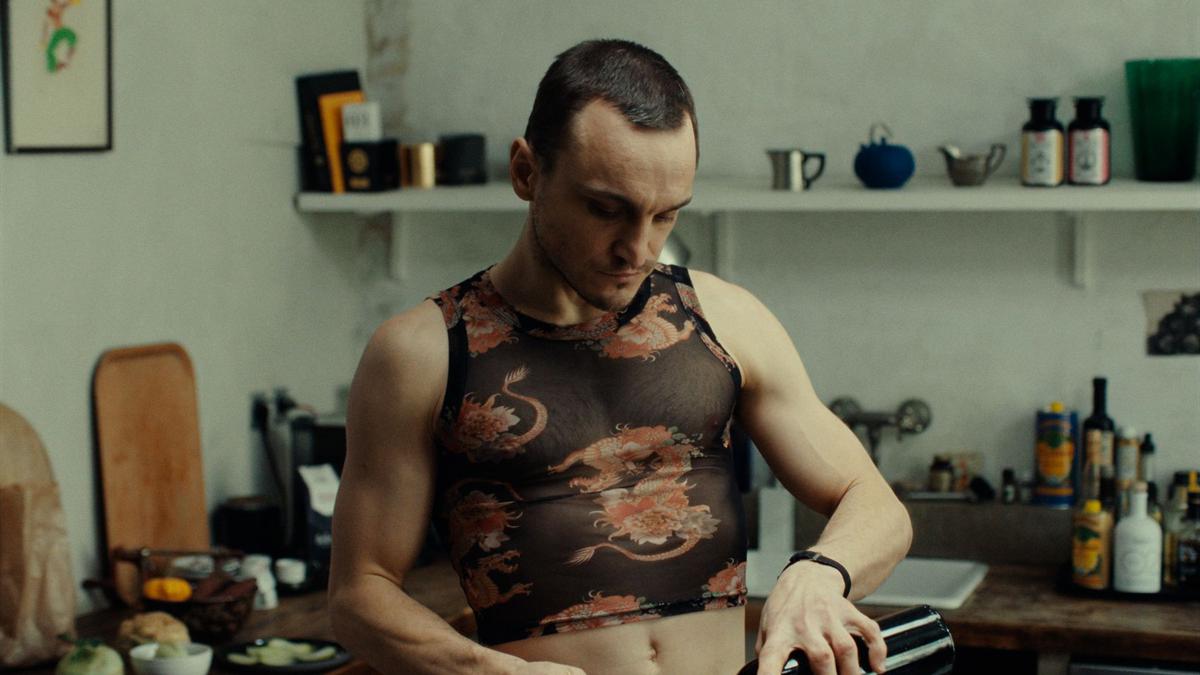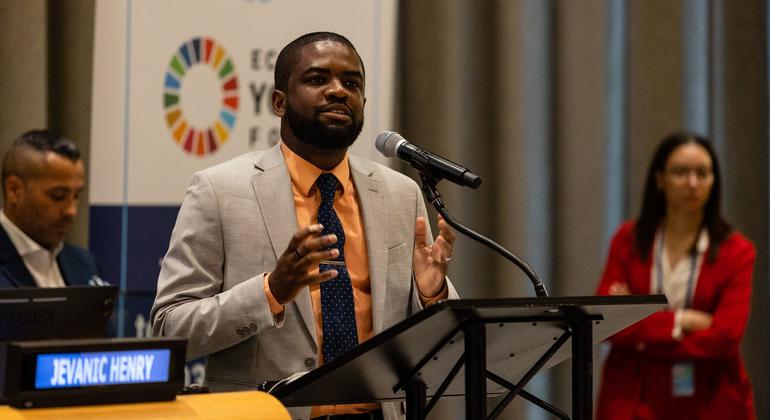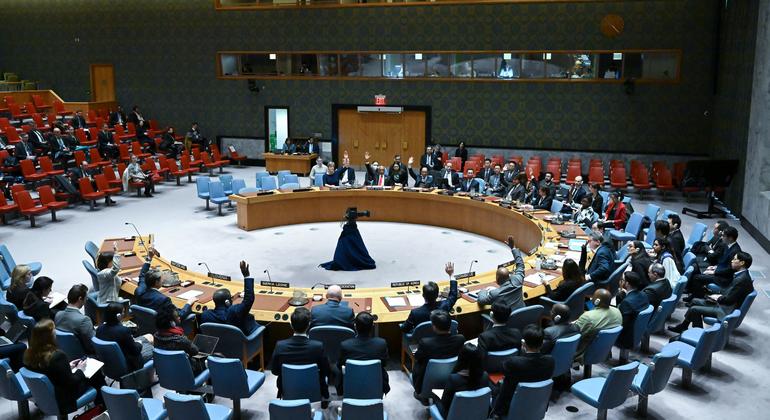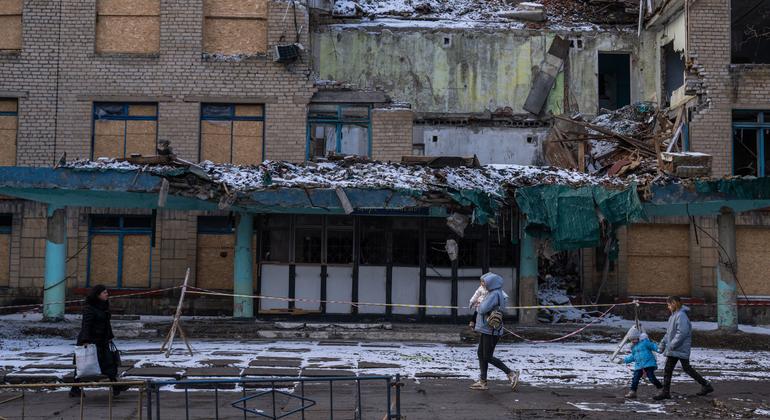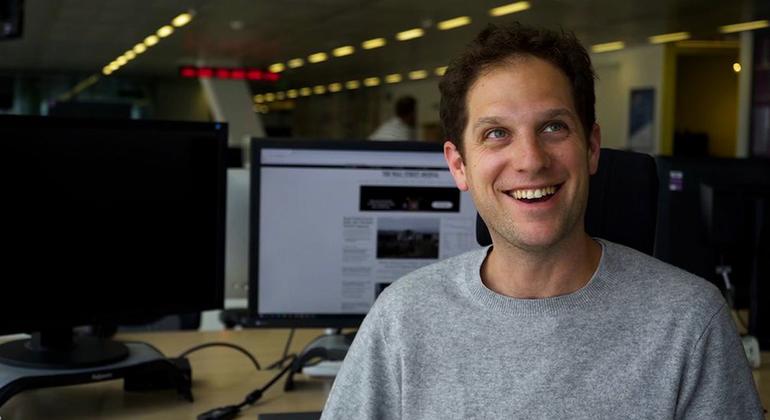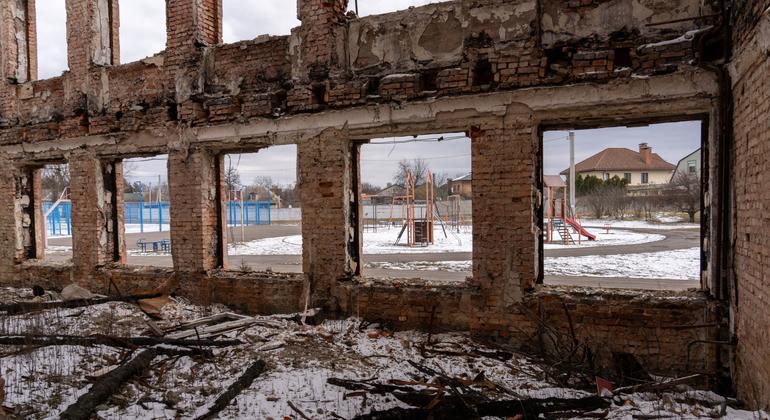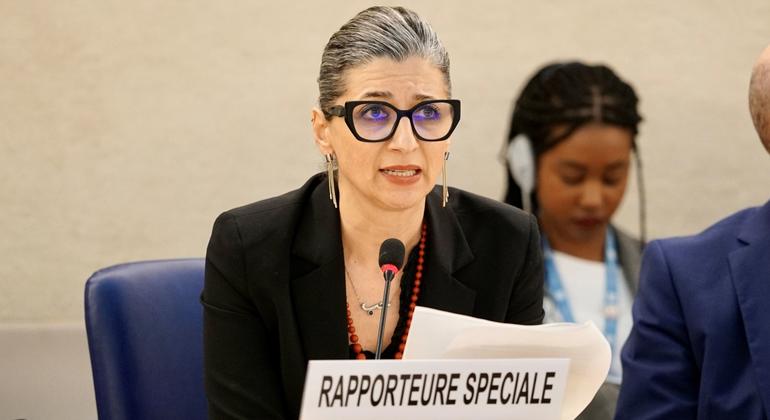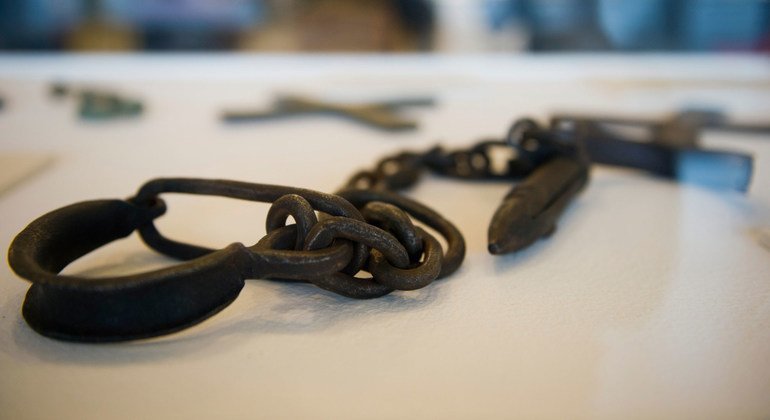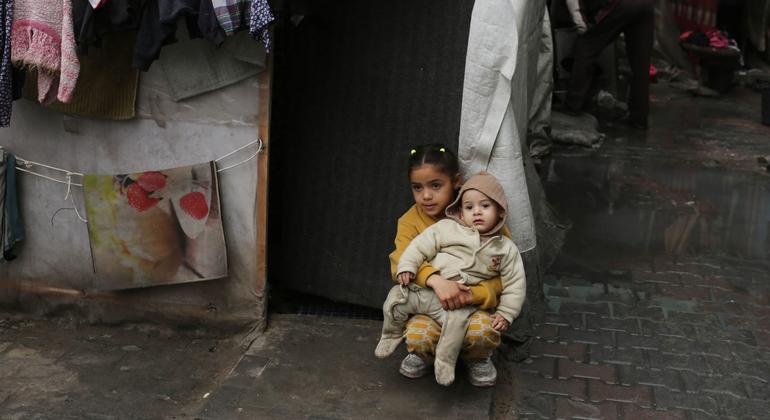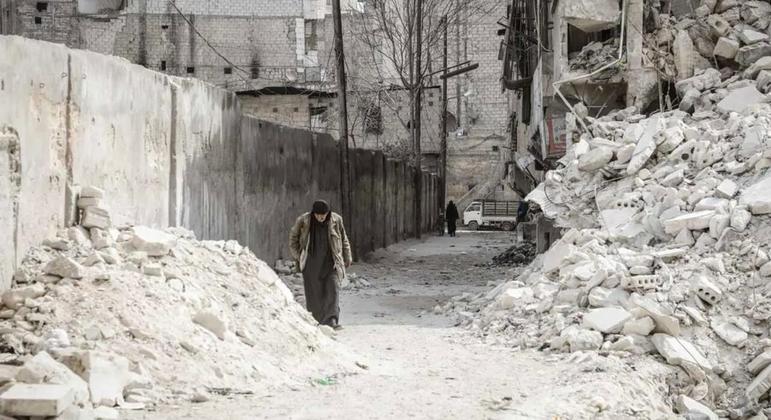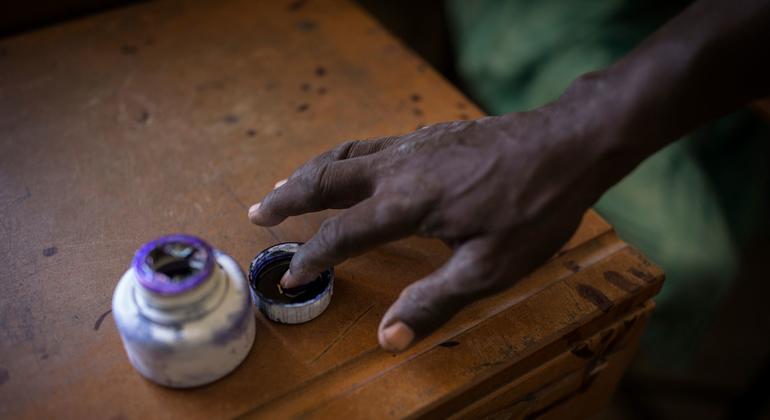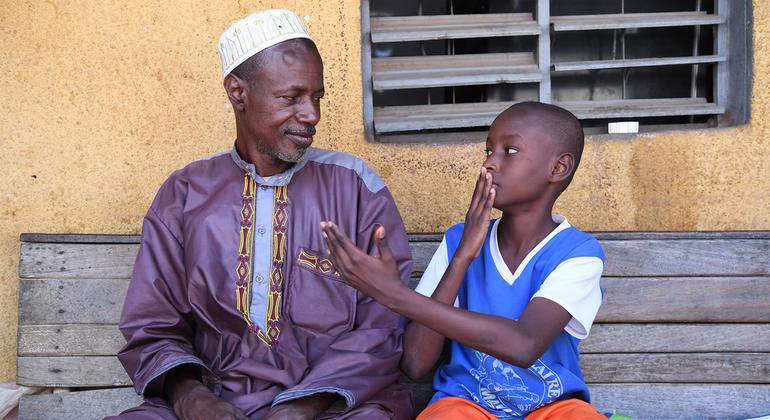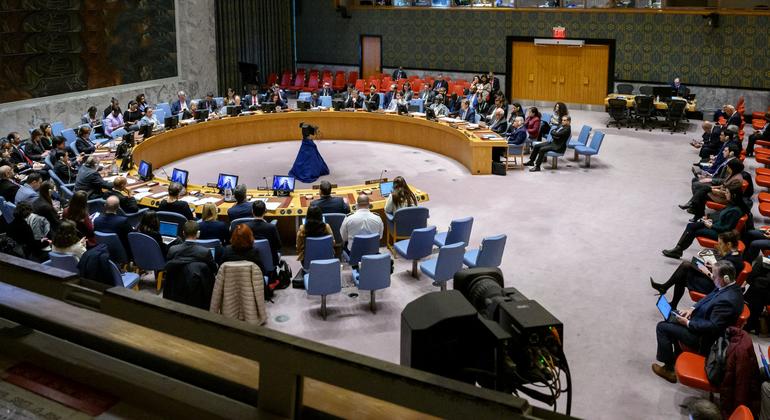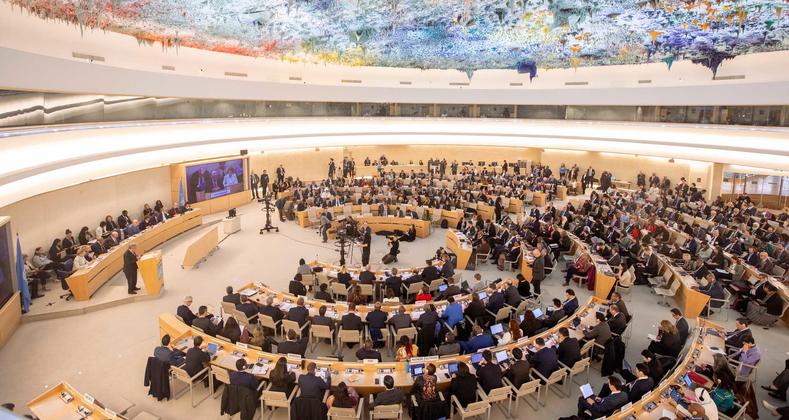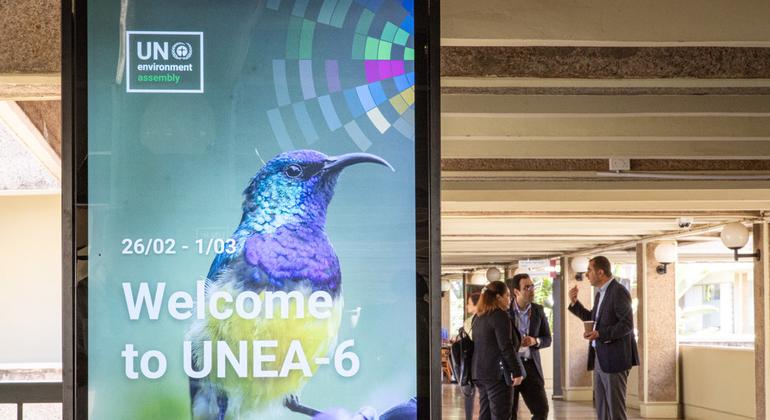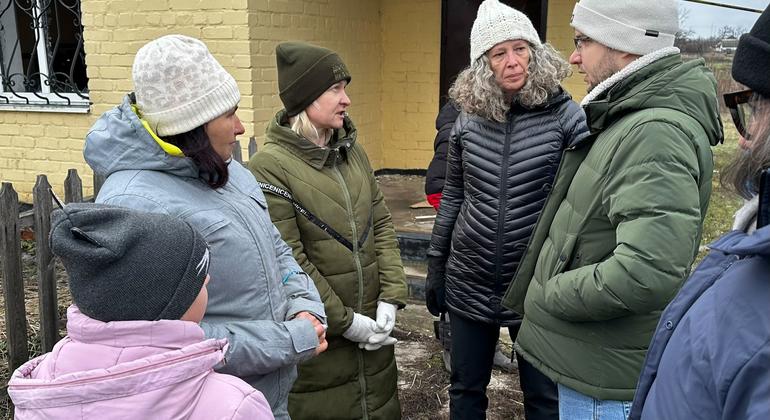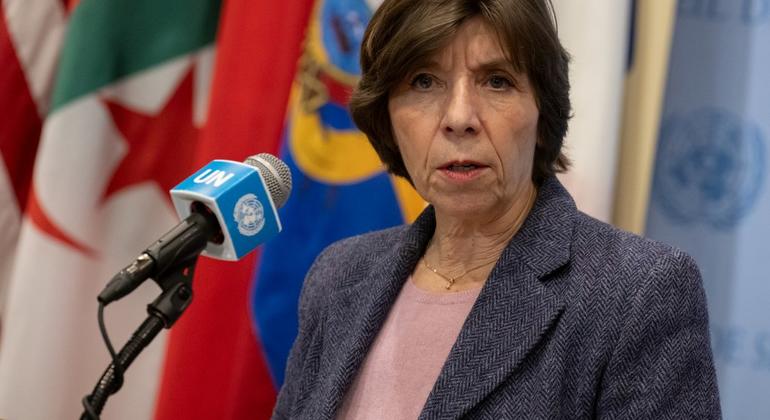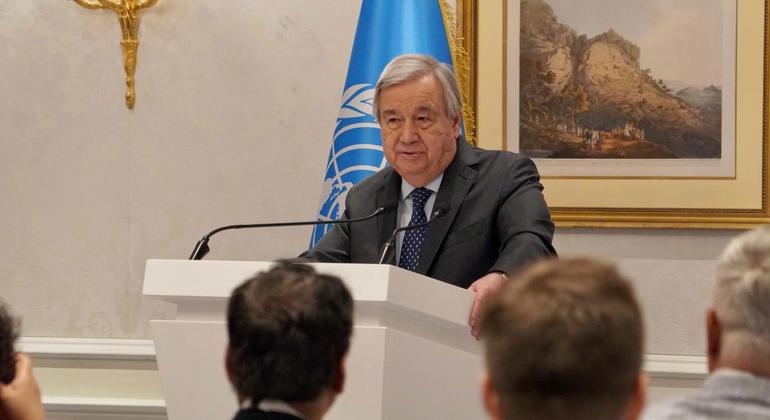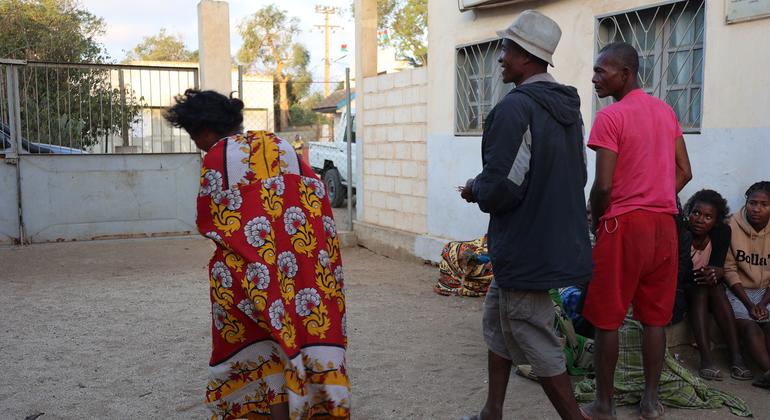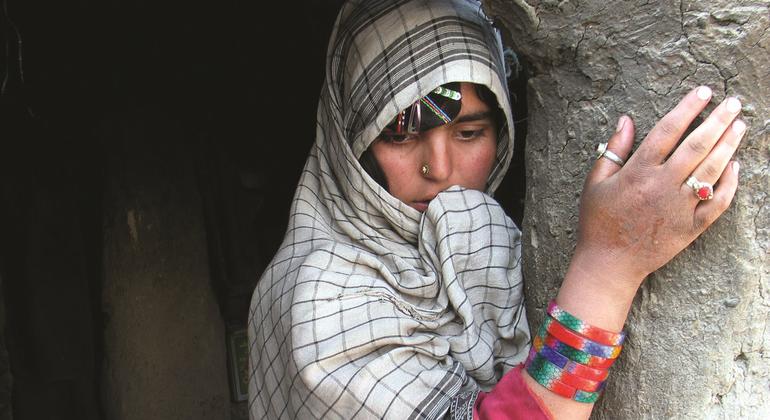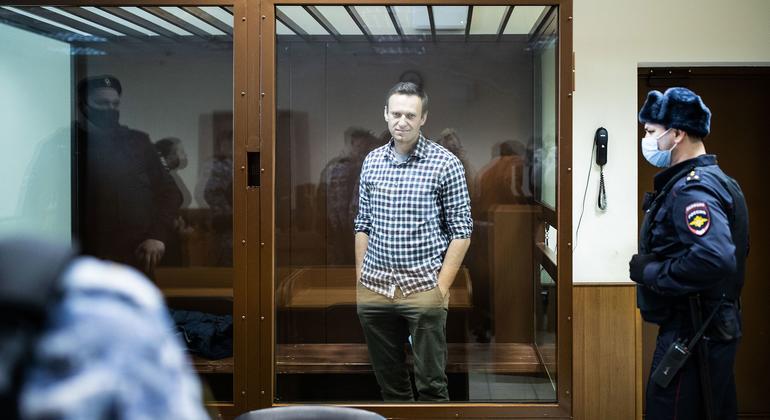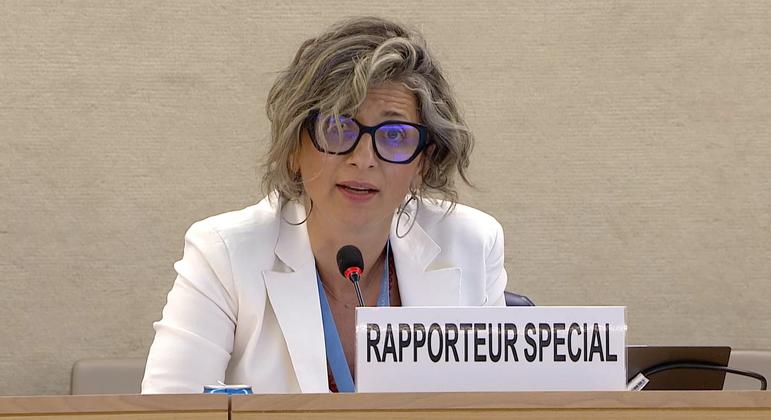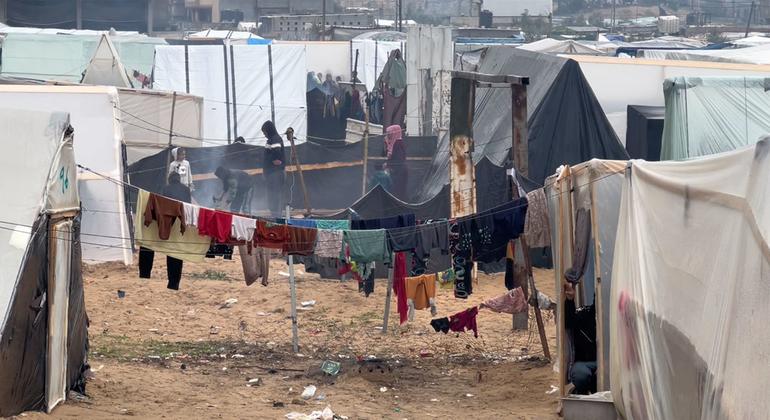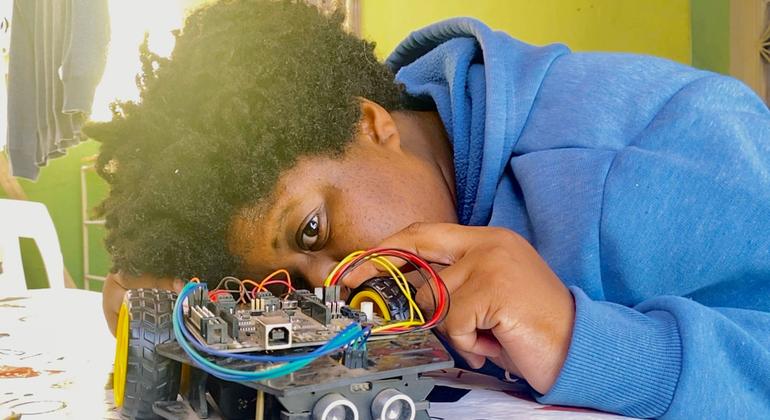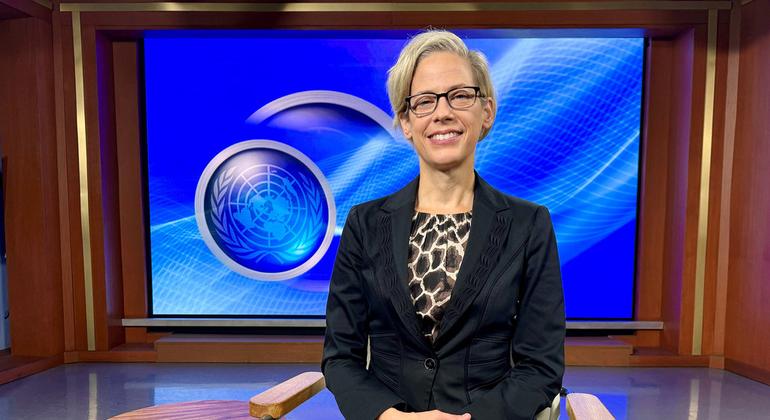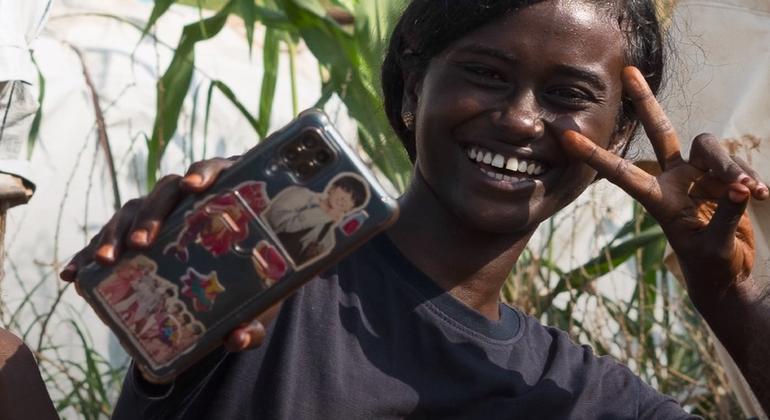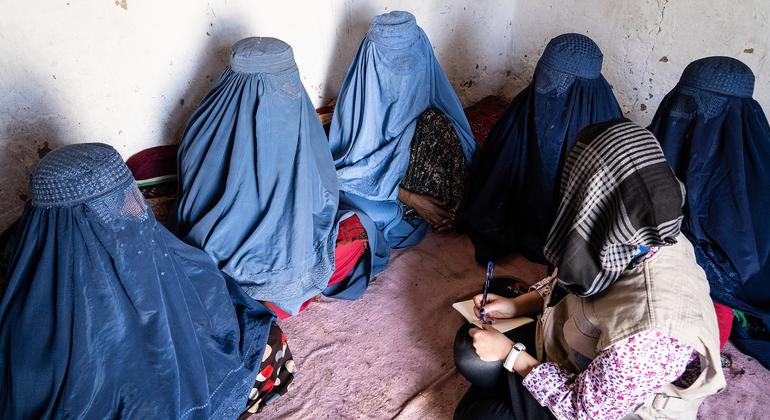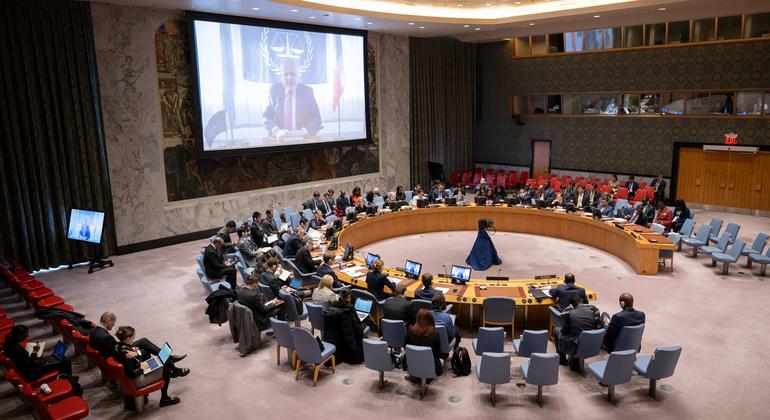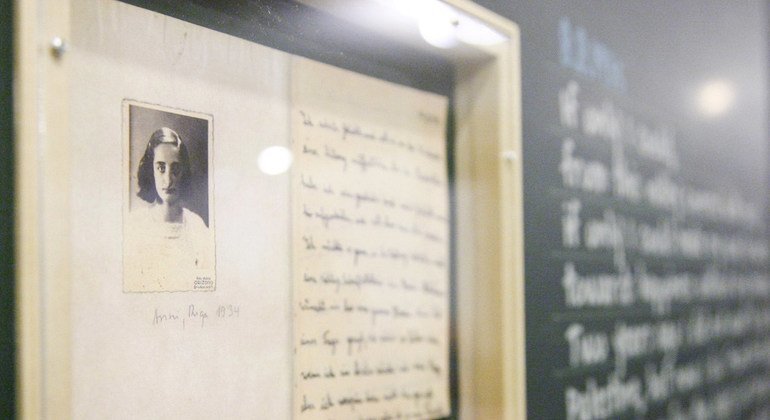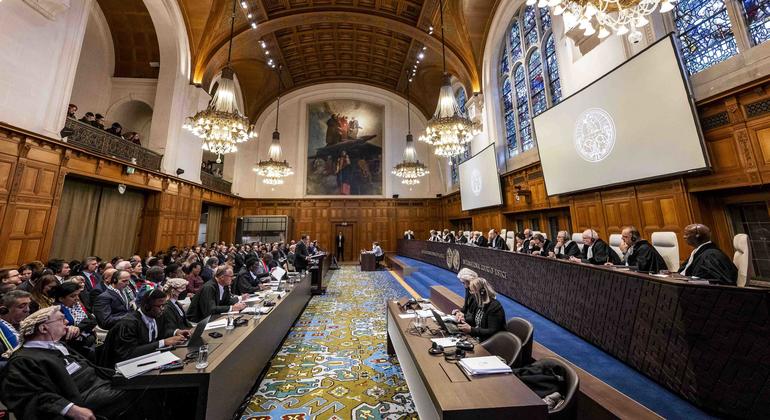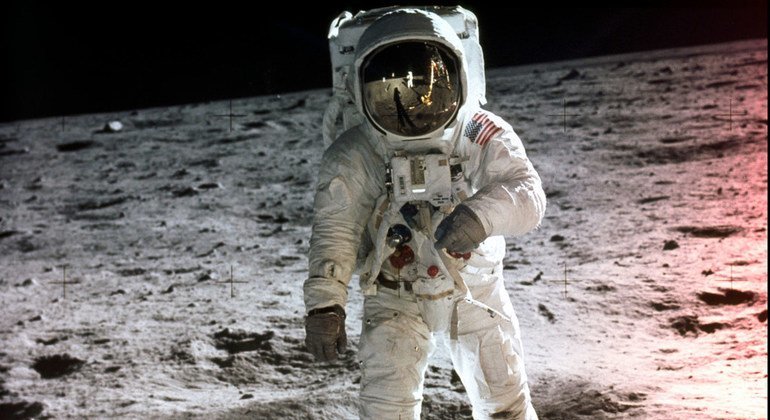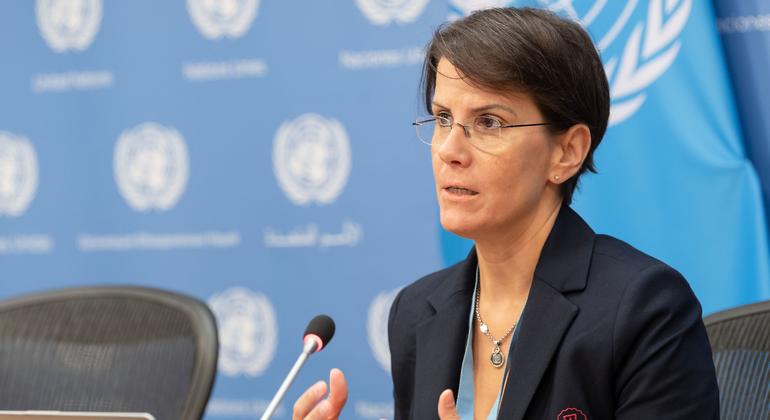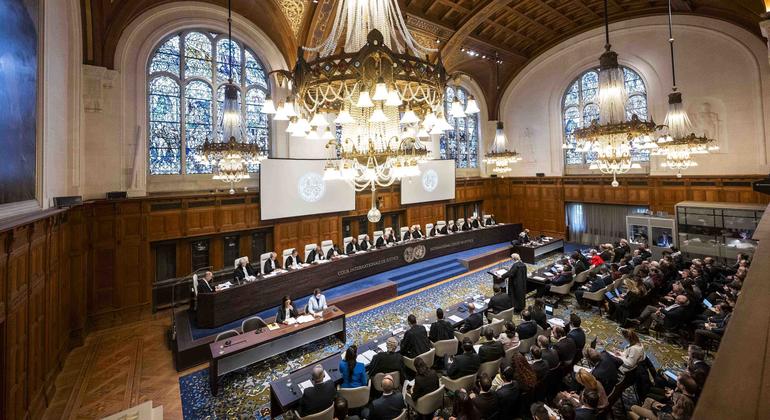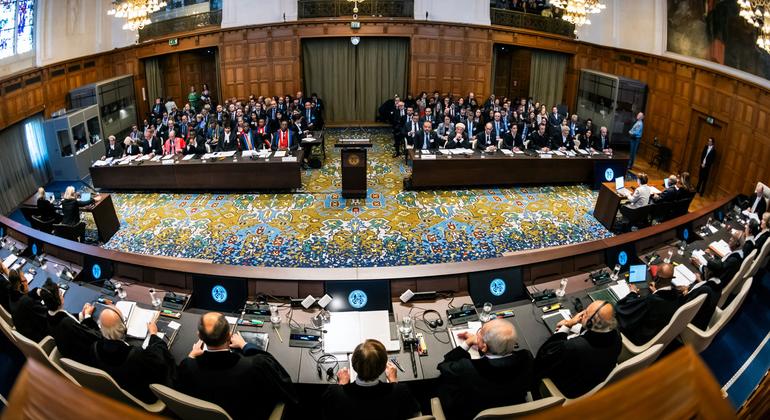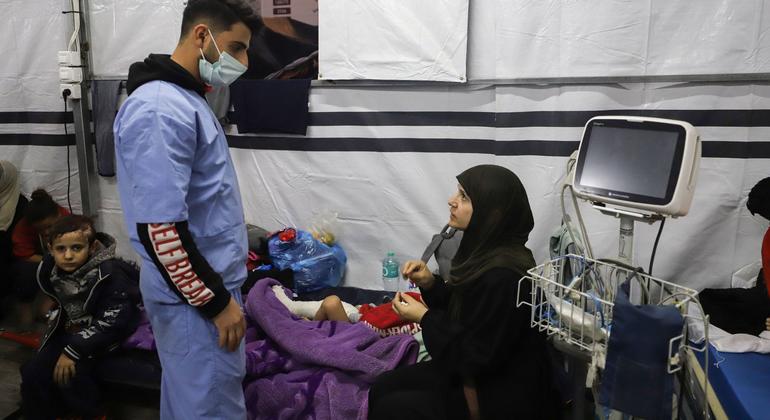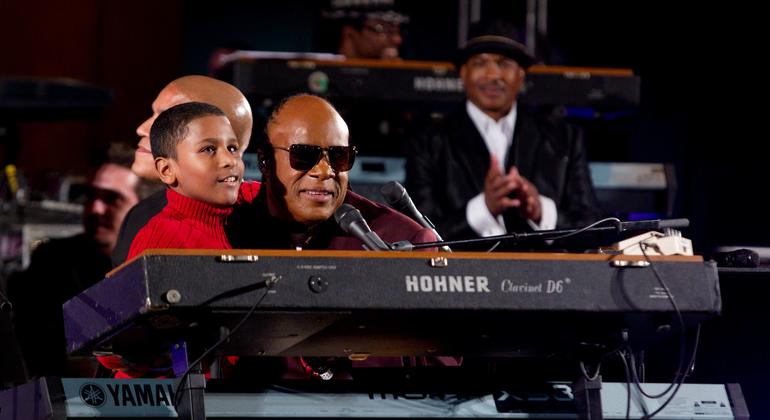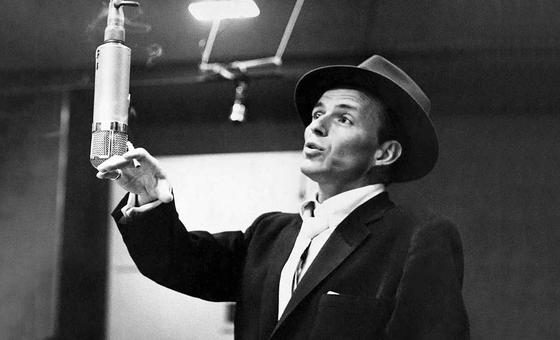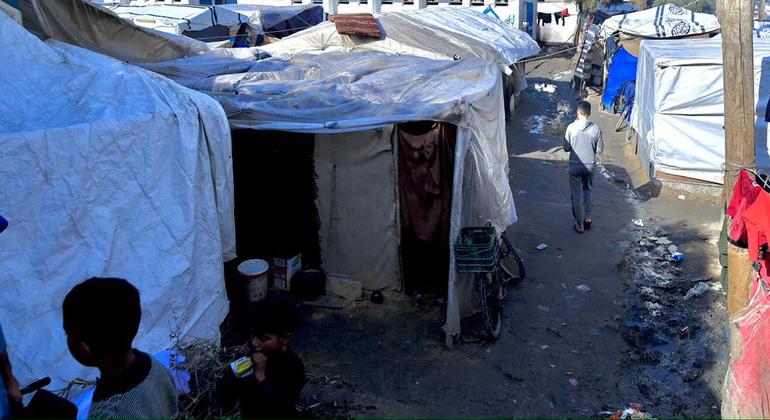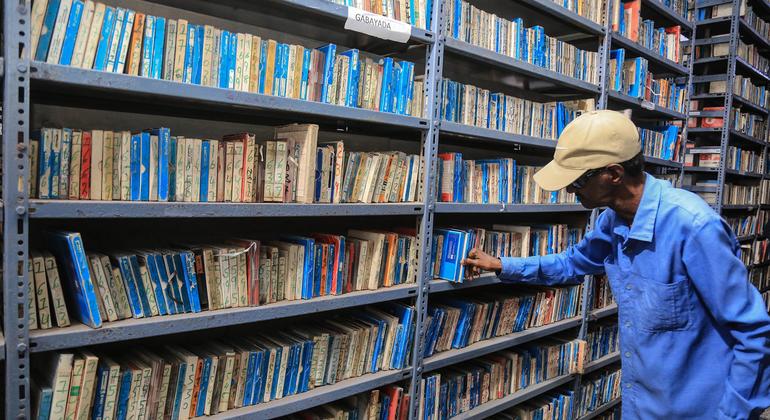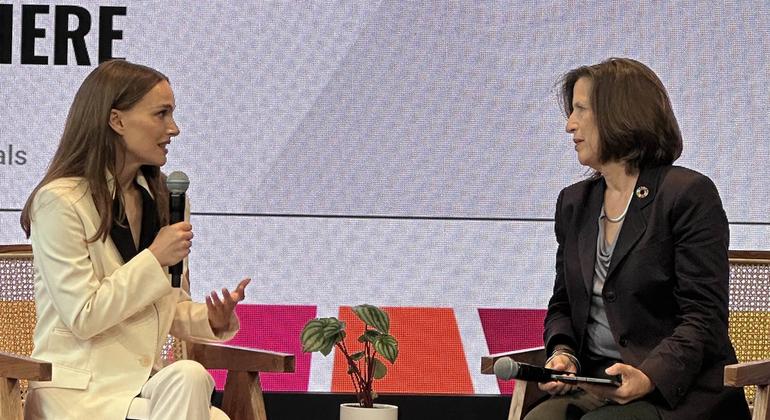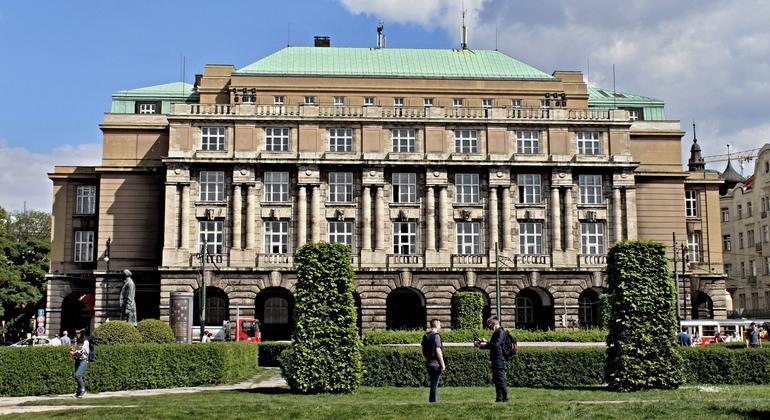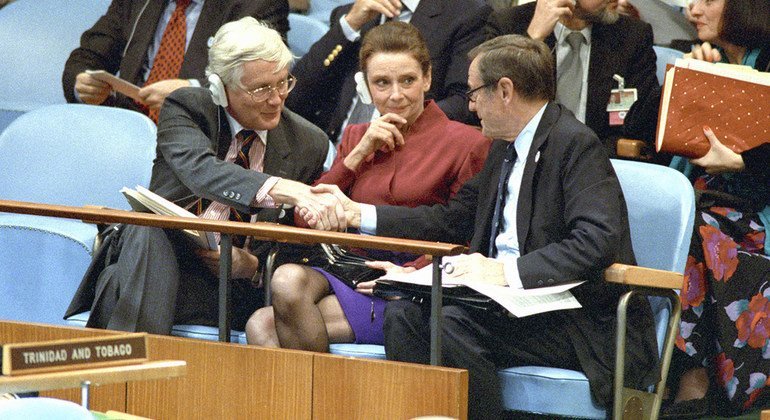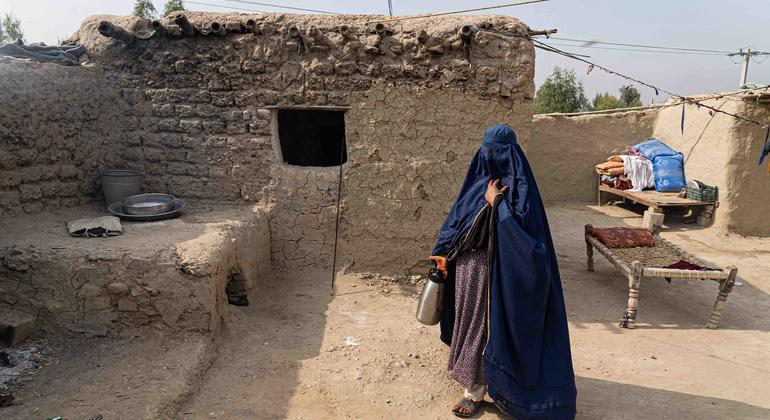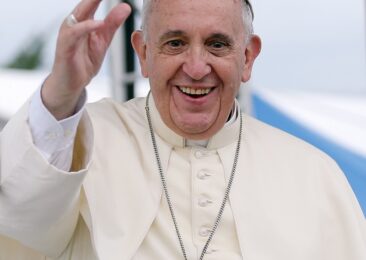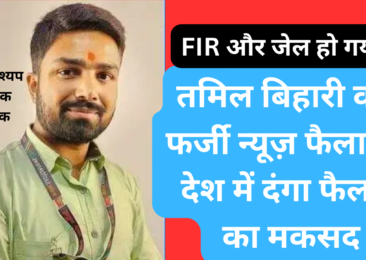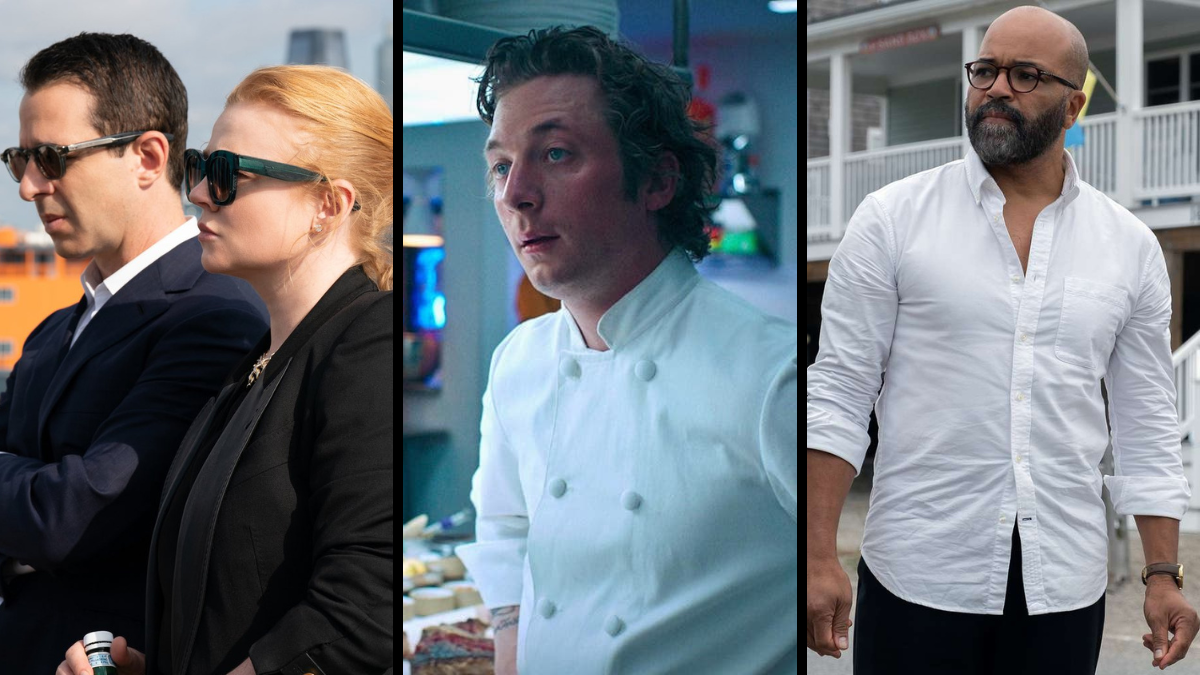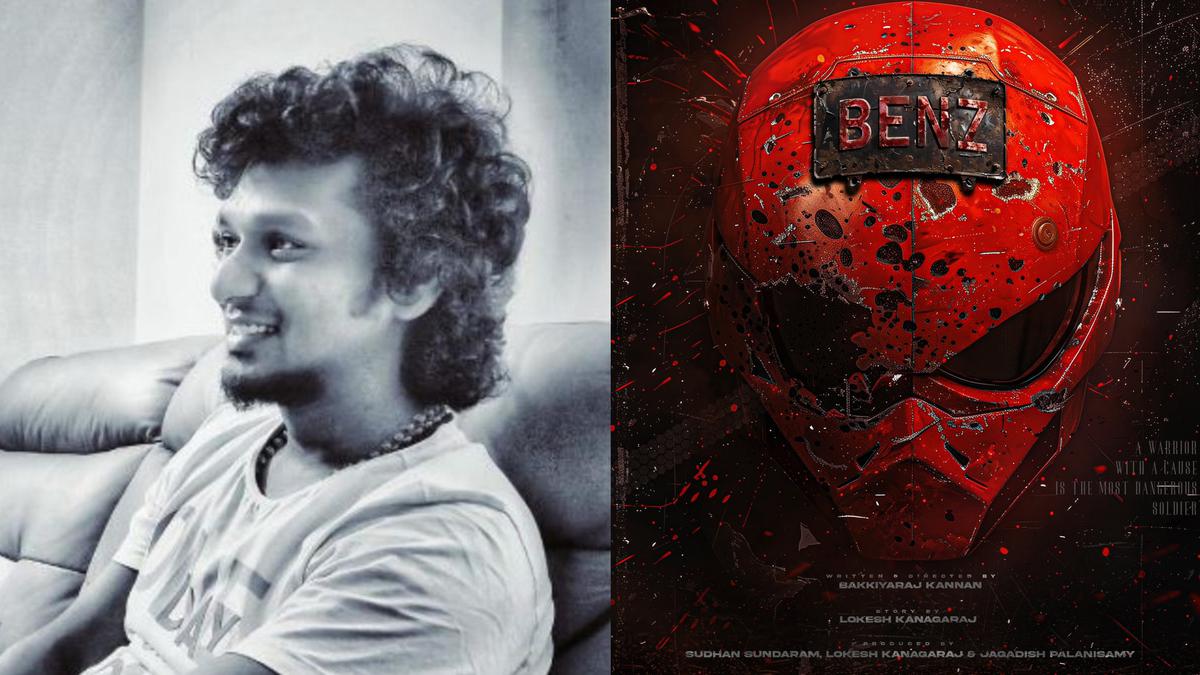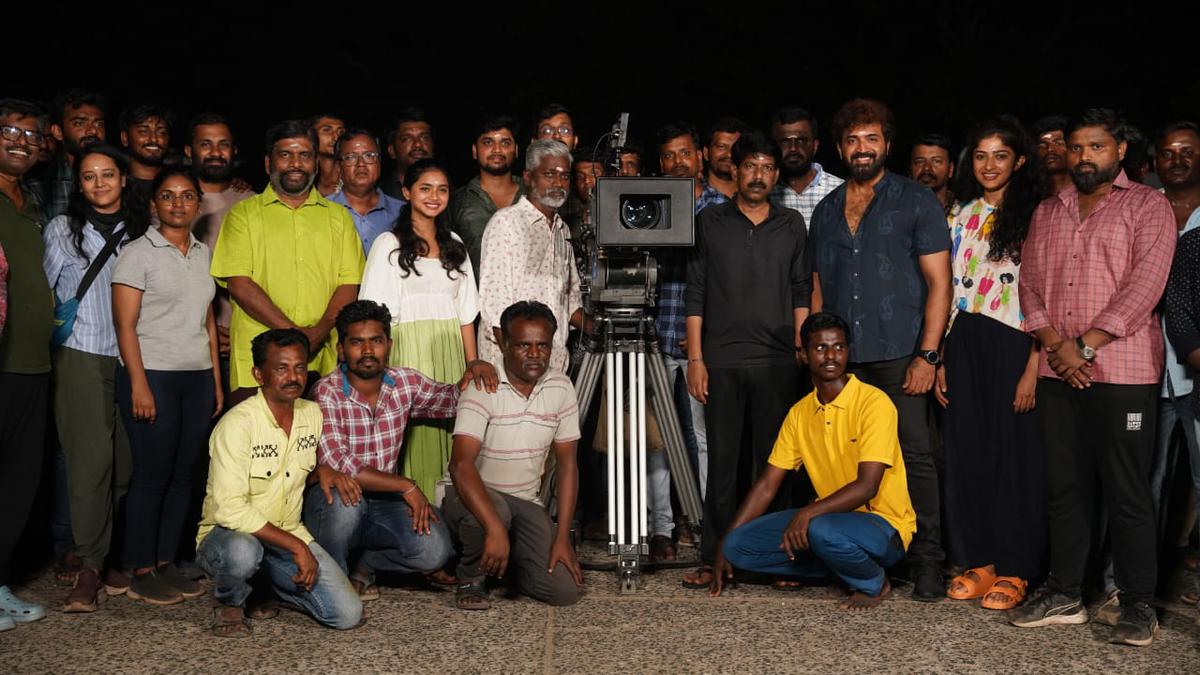Actor Franz Rogowski on ‘Passages’: The sex scenes were not difficult, once you get intimate with someone
[ad_1]
Ira Sachs’ latest dissertation on love, sex, and self-destruction, Passages — the Sundance and Berlinale darling — was in the news for its NC-17 rating from the Motion Picture Association, for the graphic sex scenes.
However, actor Franz Rogowski, playing the role of Tomas who derails his 15-year-old marriage to British artist Martin (Ben Whishaw) by having an affair with a teacher Agathe (Adèle Exarchopoulos), says sex scenes are not the most difficult.
Speaking on a video call from London on what he describes as a sunny day, the 37-year-old actor says, “You want something fake to be believable. Sex scenes are easier, because once you get intimate with someone, your neural network, senses and biological system reacts intuitively. You can rely on your body much more than if it were a line. If you have to say, ‘My mother died last year,’ it is a constructed reality that has to be translated into your body.”
Why the dancing was a bigger challenge than the sex scenes
The most challenging part of playing Tomas, according to Franz, was not the sex or the fact that Tomas is not very likeable, but the dancing! “I found the dancing in the beginning, in the club and later in the café, terrifying. People think I am a dancer because I used to work as a performer and choreographer for eight years. But I’m actually the guy who leaves the party in 10 minutes!”
Sachs apparently wrote Tomas for Franz. “I didn’t know that. It would have been intimidating if I had. I watched his movies as I wasn’t familiar with his body of work; I love his films, they are personal and objective at the same time.”
Creating a space for others to shine
Sachs, Franz says loves every aspect of the filmmaking process. “He loves editing, camera and actors… It is not as if one aspect, like the actor or the camera, is in the foreground, with the others trying to serve and support. The different layers co-exist in a unique, human way.”
Describing Sachs as collaborative, empathetic and compassionate, Franz says, “He wants you to feel seen and he does see you. The fact that he chose you means that you don’t have to become something, or be more than you are. You just have to bring yourself on set, be curious and explore.”
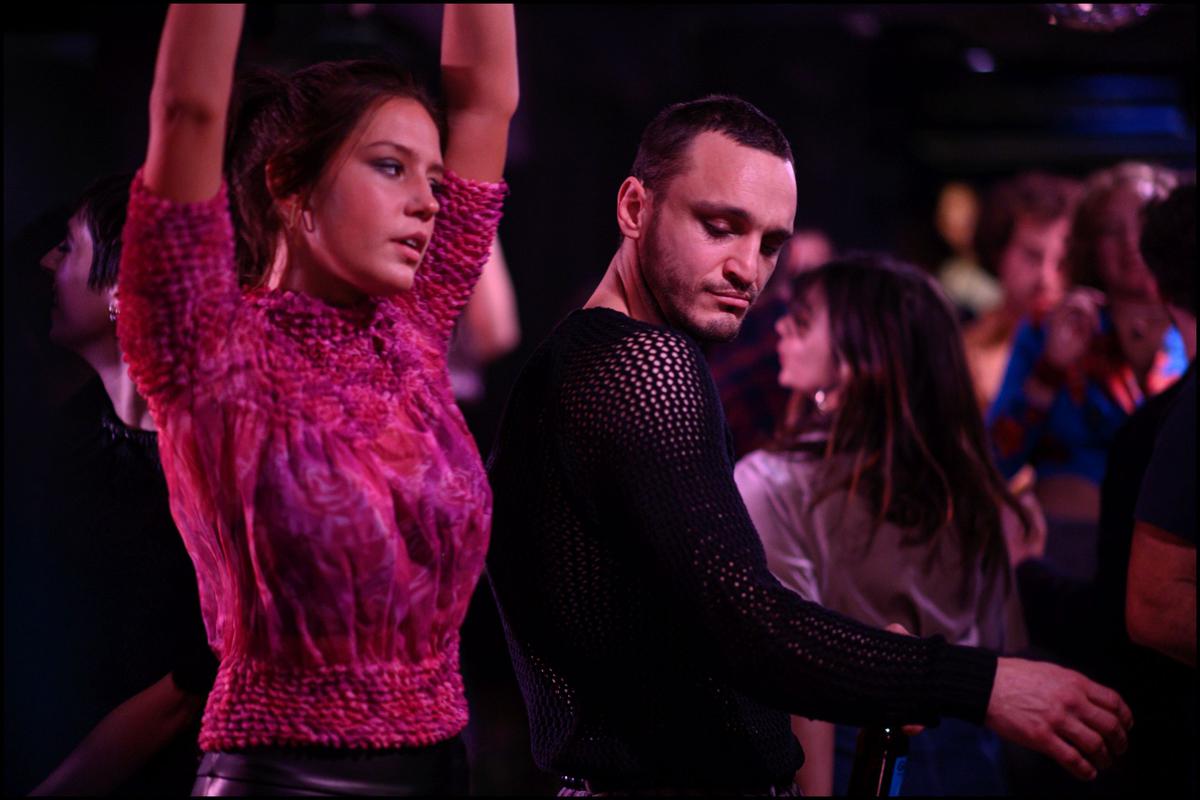
Adèle Exarchopoulos and Franz Rogowski in ‘Passages’
That freedom, Franz says, is a wonderful feeling. “We all felt that from the start — Ben, Adèle, me and the crew. Here is a highly experienced director trying to create a space for others to shine. He is a lovely person to hang out with.”
An unknown hierarchy
Directors, Franz comments, often create a hierarchy. “They install systems of reward and punishment or fear or despair without even knowing they are doing that. Ira is somewhere in between a colleague, a friend and a father on set.”
Tomas, Franz’s character in Passages, is a director. Sachs shared references including James Cagney, Luchino Visconti’s The Innocent, and Fassbender’s German films. In creating Tomas, Sachs was looking for a non-heroic character.
“We are used to the protagonist taking us by the hand toward a better future or the solution to the problem. This lead is hard to read and he inflicts a lot of chaos. It’s not easy to morally understand the side he stands on.”
The curiosity of chaos
It is easy to judge Tomas, says Franz. “This is a terrible person, terrible behavior. Why should I watch him do these things? That was our starting point, a standpoint not guided by morals or the concept of good and bad, rather from the curiosity of chaos between three adults.”
When Franz read the script, he wondered how he was going to rationalise Tomas. “He is selfish, aggressive, and all kinds of things that are hard to justify. Being in a relationship, however, makes things alive and different from pure dialogue on paper.”
Not on paper
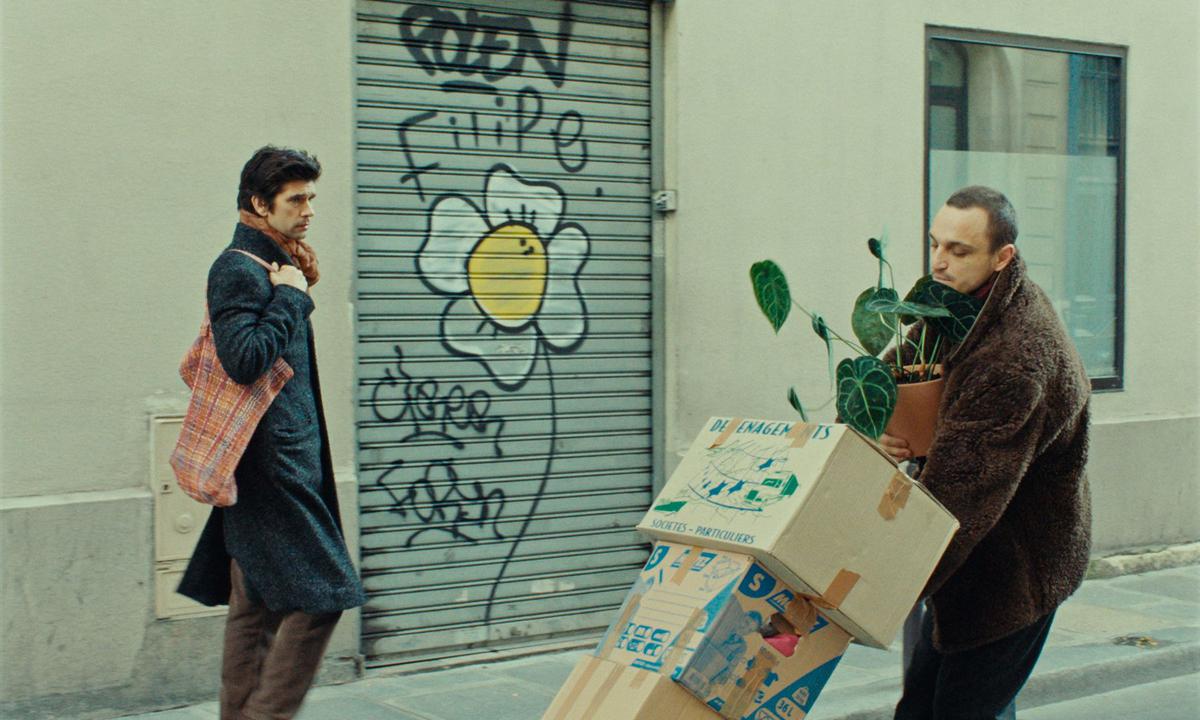
Ben Whishaw and Franz Rogowski in ‘Passages’
By touching each other, and exchanging glances that were not on paper, Franz said the actors soon realised Tomas was looking for similar things. “He is also looking for love, intimacy and tenderness. He is under a lot of pressure. The fact that he has a hard time dealing with people and relating to others doesn’t mean that he wants to hurt people.”
Once Franz understood that, it was much easier to allow Tomas to do the things he does. “Even if you kill someone, it’s much more interesting to find the reason why the person in this moment thinks that killing is the best solution.”
Performative and naturalistic
Working with Whishaw, Franz says, was a great experience. “I don’t know any other actor capable of including so many micro-gestures in one line without it devolving into a pantomime. He is incredibly crafted in being performative and naturalistic. He is transparent and is a friend now. It is rare that you are happy when a job is over with most actors. Not so with Ben.”
Passages’ costumes, from Tomas’ black mesh shirt and dragon-printed sheer crop top to Whishaw’s red, silky robe, have made as much of splash as that notorious two-minute kiss. “Costume contributes a 100 % to the character. It is powerful tool, and, in this case, well selected.”
Costume rehearsals in designer, Khadija Zeggaï’s apartment, Franz says, were personal. “Ira was curious to see what we could do. While he is not a fashion guy, he wanted the costumes to work, he needed somebody else to create references and for us to embody and perform in those clothes.”
Au naturale
It all came together in the rehearsals, Franz says. “We took our clothes off in front of each other. We would be in our underwear, discussing our characters and that set the tone for the next six weeks.”
Insisting he would love to only exist within the creations on screen, Franz realizes it is not possible. Passages, Franz says is a love story between Tomas, Martin and Adele. “A story is just a narrative in time and space that creates the illusion of evolution. Things probably always turn in circles until they float. In cinema, we like the illusion of linearity. We see three people in the need of love and in different stories handling their loneliness in different ways. What drives them, what drives all of us, even you and me in this interview, is love. It is a bit cheesy, but that is what I think.” (smiles)
Passages streams on MUBI from October 6
[ad_2]






